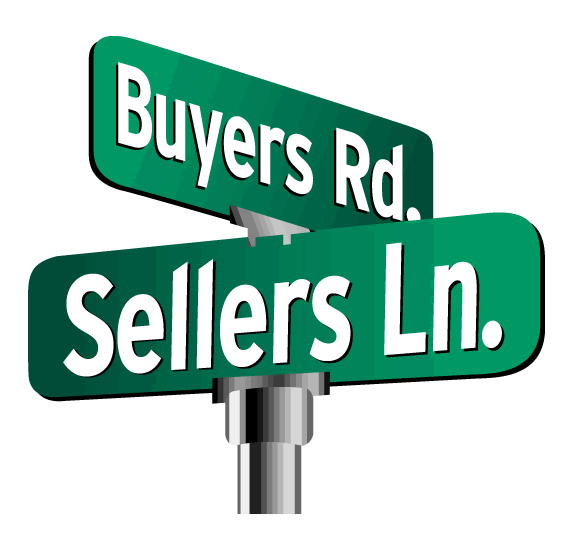Buying an existing business – What you need to know
You probably do not want to go through the process of starting a business from scratch, and therefore, might consider buying an existing business. This could be a good idea since an established business should already have built in customers,… Continue Reading



